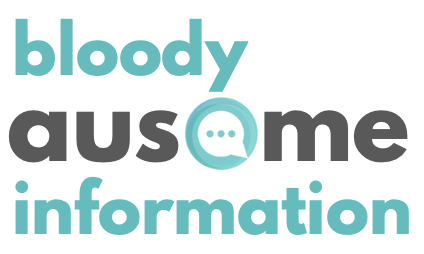The Emotional Toll
of ADHD

In addition to Rejection Sensitive Dysphoria – RSD & Reward Deficiency Syndrome – RDS, there are other significant emotional challenges & difficulties that are not shared or discussed, & as a result of its omission, is assumed that it’s either not an issue at all for us or that these traits, behaviours, actions &/or responses has no connection to ADHD, when in fact they do.
These emotional characteristics aren’t included in the diagnostic criteria of ADHD in The Diagnostic & Statistical Manual of Mental Disorders (DSM–5), as part of ADHD or a stand-alone condition, as the DSM is statistical information for researchers & not for patients & are based upon behaviours that can be seen by an observer. RSD is not a behaviour, it’s an emotion. And emotions can’t be measured.
More recently, however, a new area & term has been developed to explain these emotional & core, & largely overlooked, facets of ADHD, called Deficient Emotional Self-Regulation (DESR).
Deficient emotional self-regulation (DESR) is used to describe the problem of impulsive emotion coupled with emotional self-regulation difficulties. Emotional dysregulation specifically refers to deficiencies with four components of emotional self-regulation:
* Ability to inhibit inappropriate behaviour triggered by strong emotions, (or emotional impulsiveness) which is an aspect of poor inhibition associated with ADHD that is shown as low frustration tolerance, impatience, being quick to anger, aggression, greater emotional excitability & other negative reactions, all of which are related to the impulsivity dimension of ADHD.
* Ability to self-soothe & down-regulate a strong emotion to reduce its severity
* Ability to refocus attention from emotionally provocative events
* Ability to organise or substitute more moderate, healthier emotional responses in the service of goals & long-term welfare
We wish people knew about the implications, connections, reasons & context behind why we do some things that we do, why we don’t do things we need/have to, why we find some things harder than others, why we try so hard not to forget things but still do, that we don’t set out/choose/plan to be late, to forget & that we feel absolutely & genuinely awful when we forget something that we know is important to our friends i.e. birthdays/anniversaries & how we berate ourselves for our failings as a friend even if we set up unrealistic expectations & set ourselves up for failure. We can literally be exemplary humans & still feel as though everyone hates us leading to constant checks, follow-ups, check-ins & touching-bases & a list of behaviours & emotions around overcompensating & scaffolding of strategies & methods.
Deficient emotional self-regulation (DESR) is what we’ve been waiting for to explain exactly why these issues are prevalent in those of us with ADHD.
Hopefully, with the inclusion of major co-existing conditions (perhaps developed as a result of these challenges), conceptualisation over time to neuroanatomical & psychological research will highlight that DESRs are key components of ADHD & need to be incorporated into the ADHD diagnostic criteria & treatment practices.

